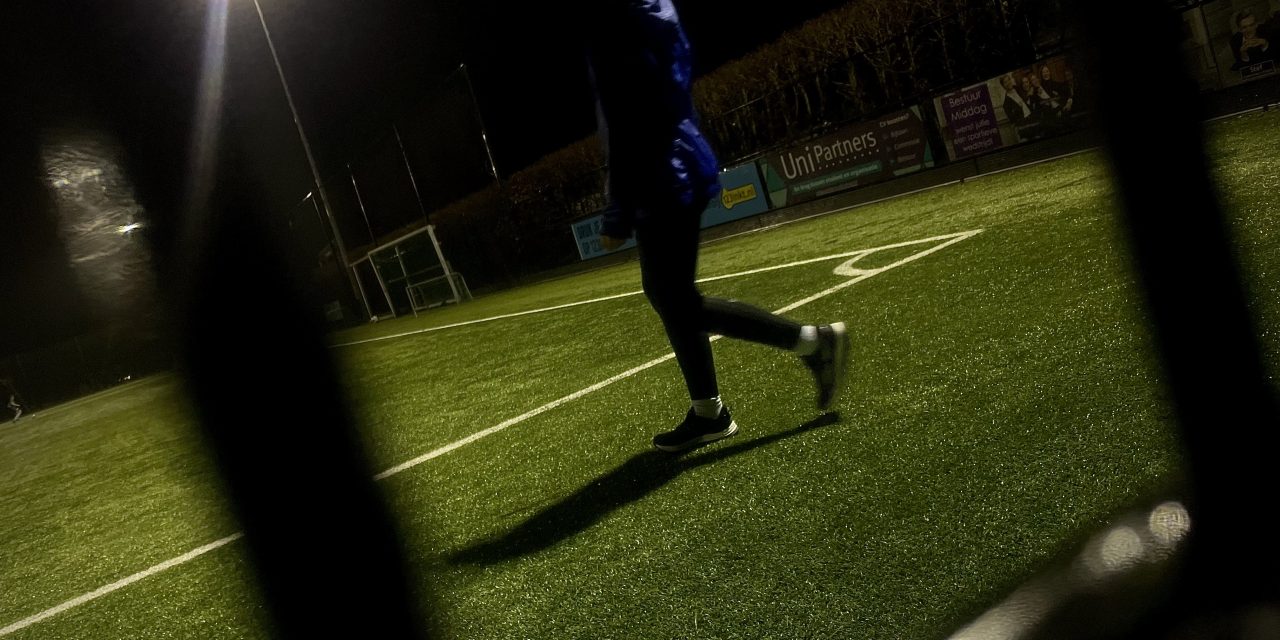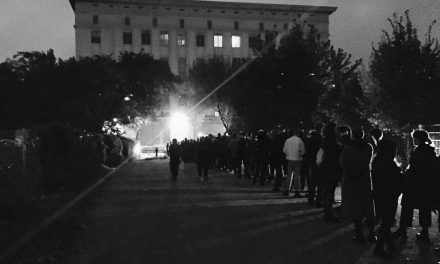One of the hardest parts of processing the loss of ability to compete in sport is feeling like you don’t know who you are without it.
“You have committed yourself to something for such a big part of your life and suddenly it is no longer there. That’s a big change. It is a natural, human, psychological phenomenon”, sports psychologist Satu Kaski says.
Change can be facilitated by preparation. If athletes have a plan for the future, it can help fill the feel of emptiness which may occure after quitting. Many athletes however leave their beloved sport behind unwillingly or suddenly so they don`t have the opportunity to ready onself.
“Still no matter how athletes prepare it does not eliminate the fact that it is a crisis. After all, changes are actually painful processes”, Kaski adds.
These stages of life, in addition to the other support network, psychologists are of great importance to the athlete.
In the sport teams where Kaski has worked, they have used a working practice for athletes who quit. It is a last interview where athletes can talk about their careers and anything else they have in mind at that moment.
“There is help available for such career transitions even though it doesn’t mean that everyone needs it. In our experience, only a few visits can have great positive effects”.




